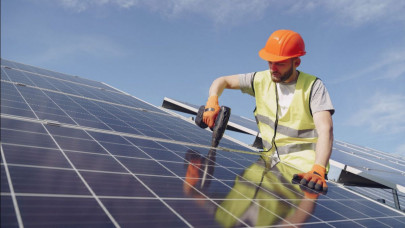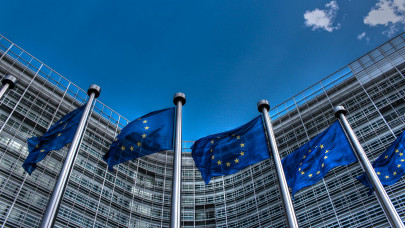In the first three months of this year, the economic sectors responsible for the majority of greenhouse gas emissions were households (24%), industry (20%), electricity and gas supply (19%), agriculture (13%), transport and storage (10%).
Eurostat data show that in the first quarter of 2023, emissions fell in five out of nine sectors of the economy, the most severe decline being in the supply of electricity and gas (minus 12.3%). The main sector in which emissions increased was of transport and storage (7.2%).
Greenhouse gas emissions in the first three months of 2023 decreased in 21 EU member states, compared to the same period in 2022, the exceptions being Ireland (9.1%), Latvia (7.5%), Slovakia (1.9%), Denmark (1.7%), Sweden (1.6%) and Finland (0.3%), where they increased.
This group of member states also recorded an increase in the economy in the first quarter of 2023, compared to a similar period in 2022.
The most significant reductions in greenhouse gas emissions were in Bulgaria (minus 15.2%), Estonia (minus 14.7%), and Slovenia (minus 9.6%).
Of the 21 member states where there was a decrease in emissions, only six reported a decrease in their GDP (Czech Republic, Estonia, Lithuania, Luxembourg, Hungary, and Poland), so 15 EU member states (Portugal, Croatia, Belgium, Malta, France, Spain, the Netherlands, Germany, Austria, Romania, Italy, Cyprus, Greece, Slovenia, and Bulgaria) managed to reduce their emissions while increasing their GDP.
The EU has set itself a 55% reduction in greenhouse gas emissions by 2030 compared to 1990 levels, in order to reach climate neutrality by 2050.














